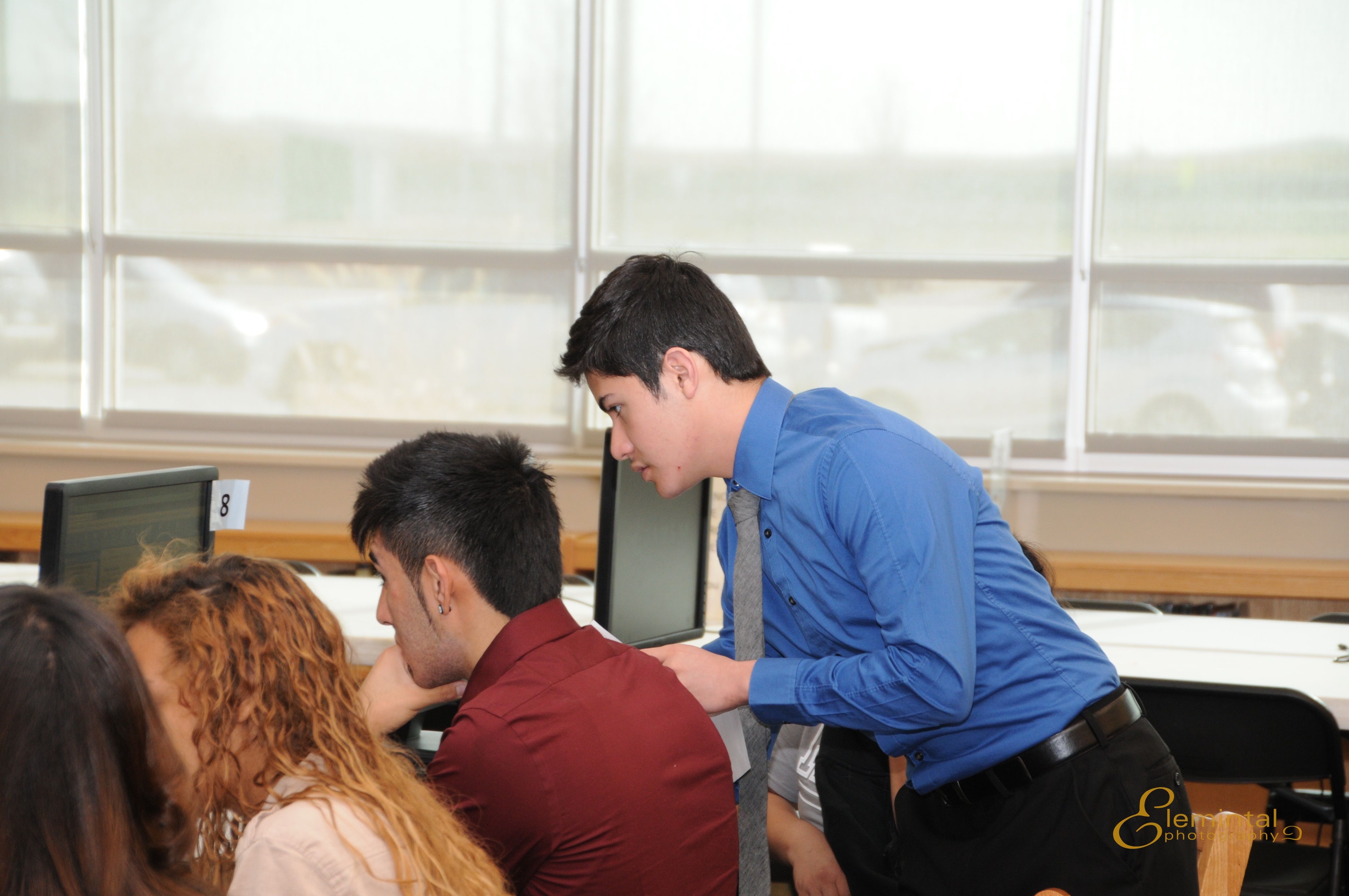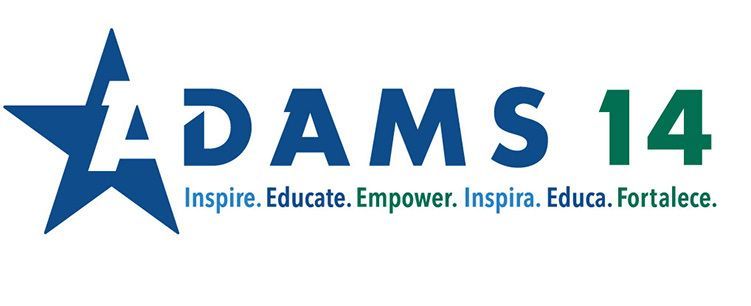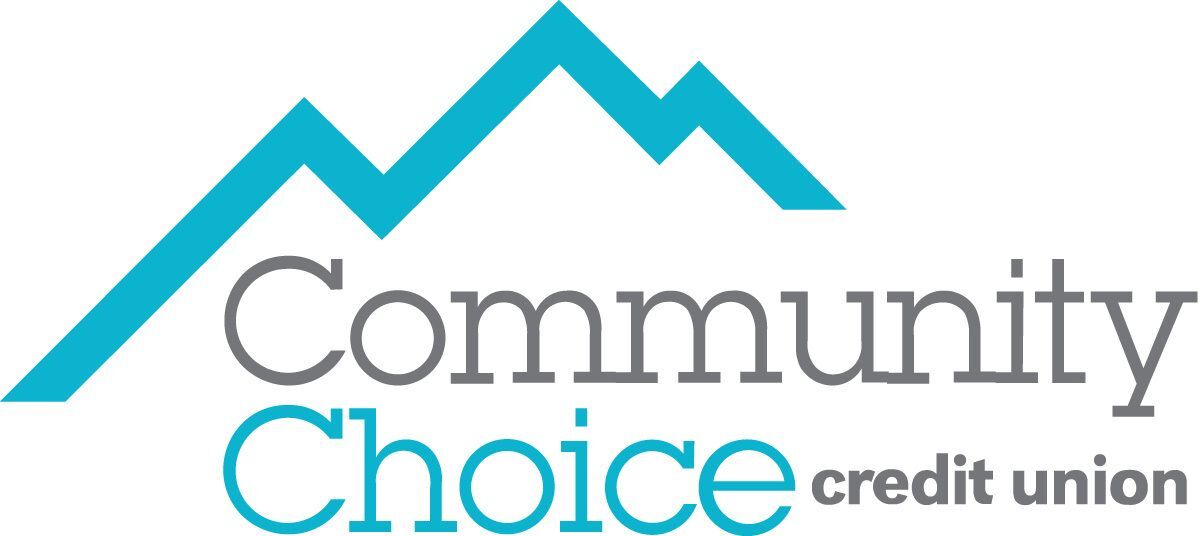
1. Post-Secondary Education: Whether it be university, trade, a vocational college/training, or a branch of the military, students should conduct research on the various post-secondary education available upon graduation. It is imperative that students be aware of the different choices available to them, as well as where to look for assistance to each.
2. Money/Credit Smarts: All students should take a course on personal finance or financial literacy. Students will learn how to be responsible with money, how to save, how to pay bills (and the importance of paying them on time), as well as the correct usage of credit. Knowing the differences between ‘need’ and ‘want’ items and gave them their first real look into what it’s like to live on their own!
3. Effective Communication: Kids talk with text messaging, Facebook, and Twitter slang all day. They answer questions in ‘one-word responses. Students need to learn the correct/appropriate way to speak to a boss/manager, how to compose a professional e-mail and how to answer/respond to phone calls. No matter their career path, learning to communicate is essential to being successful.
4. Basic Life Skills: Can you cook? Clean? Sew? Do you know basic first-aid? These basic life skills will come in handy when living on their own, during a time when they may not have support close by. These are skills that everyone should be able to master (on some level) for survival.
5. Work/Life Balance: Being able to balance your work life with your social/home life is something that can prevent a great deal of stress in newly-graduating students. Students need to be taught a healthy way to balance their responsibilities at work, while at the same time, being able to enjoy their personal lives.
6. Time Management: Students need to be taught how to create timelines of when upcoming work is due while setting small, achievable goals along the way. Timely arrivals are also an important part of management.
7. Learning from our Failures: Not everyone will be the best at everything and that’s okay! That’s how we all learn. Students who have an awareness of this concept early on will have more of a positive mindset and this energy will help to keep them trudging forward.
8. How to Survive Without Technology: Gasp! I know, it’s unheard of that students/society might have to be without technology for more than a few moments. But guess what: it happens often! Students, as well as adults, need to learn how to do basic, everyday things without the help and ease of technology. It’s rewarding to know something without ‘asking Siri’ or ‘Googling it’ first!
9. Self-Care: Although this is not to be school-related, it is important for students who are finally on their own and beginning to feel the stress and anxiety of what it means to be an adult, to know how to take care of themselves and seek help when needed. Your well-being comes first and learning to stay healthy and happy (this is where the ‘freshman fifteen’ conversation may come in handy) is the key to a successful life.
10. Career Planning: Job hunting, resumes, cover letters, interviews, and thank you. These are the necessities that our students need to master in order to be successful. The great part about this essential tool for students to have is to give them the opportunity to practice and be aware of what each of these important employment documents entails.

















